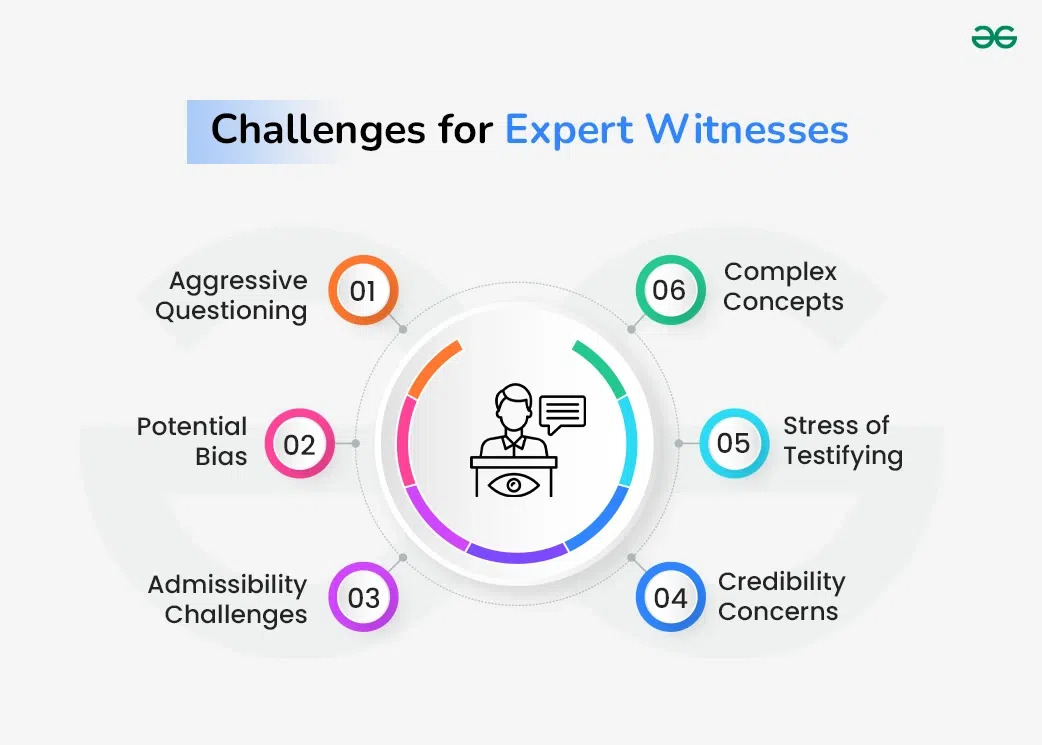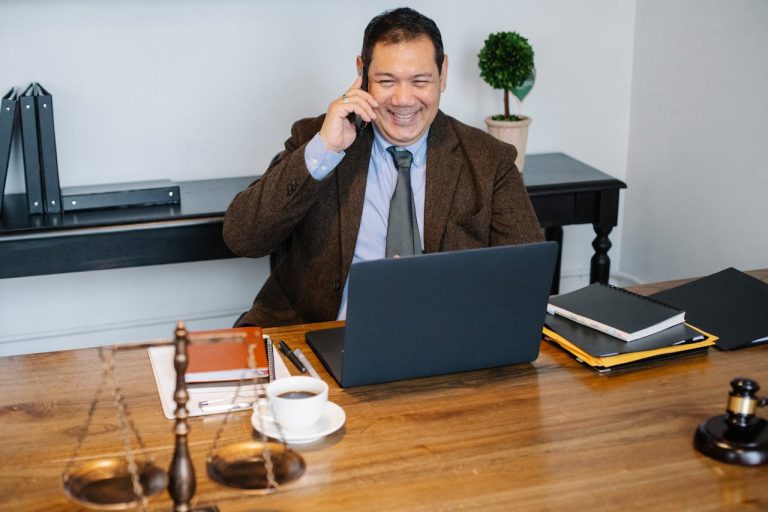When you are tasked with winning a case, every step you take can make or break your chances. One step, in particular, that could weigh heavily on your success is finding the right expert witnesses to help make your case. Choose wisely, and you can walk away victorious.
Choose poorly, and you may not only lose your case but also be embarrassed in the process. So, how do you find and choose the right expert witness for your case? What should you look for? Here are a few key things to remember to make sure you make the right choice.
Find Expertise and Experience
By definition, your expert witness must have specialized or technical expertise in the appropriate subject matter. Finding a witness that has the credentials to show that is, of course, important. But if you stop there, you are doing yourself a disservice.
You must also find someone who has experience as a witness. The witness stand and deposition room are both very intimidating places, and cross-examination can be extremely stressful for someone not used to them. Experience in those situations should be given a premium in your search.
When you find someone with experience in expert witness services, you find someone you know can deal with that stress.
Do Your Homework
Do your due diligence on every potential candidate to avoid being surprised and embarrassed during your case. You should be scouring your candidates’ publication history, speaking history, and affiliations to find any potential conflicts with your client, your opponent, or the topic of testimony.
When you fail to do your homework, you risk being embarrassed by your opposing counsel and throwing away not only your case but the money you may have spent on the spoiled witness.
Narrow the Field
As mentioned above, expertise is, of course, vital. But not all expertise is created equal. Narrow your search as much as possible to the very specific expertise you need relevant to the case at hand. Do not just find a financial expert for your credit fraud case; find someone with credit fraud expertise.
The closer you can hone in on the topic at hand, the more weight the testimony will carry. There are experts out there in nearly everything.
Do not risk leaving the hunt for the right witness to chance. Do the leg work and your case, your client, and your win-loss record will thank you.
Assess Communication Skills
The need of the hour for an expert witness is to be able to express even the most complex ideas in a clearer and more persuading manner. Their communication skills can be assessed based on the following:
Review Prior Testimonies: You can assess whether they can explain a complex issue in a rather simplistic way by watching videos or reading transcripts of their earlier testimonies.
Interview The witness directly: to know whether they can really speak. Ask them to present arguments on a complex question of interest for your case; see how well they can make it easier and intelligible.
Make sure the expert’s testimony is useful for your case.
Even if your expert witness is qualified and credible, their testimony may not be helpful to your case if it does not address the issues at hand or if it would be better suited for another type of case. When meeting with potential witnesses, ask them specifically how their testimony would help your particular case.
Consider the cost of the expert’s services.
Experts generally charge for their time and expertise, so their cost needs to be factored into the budget when choosing one. Occasionally, an expert will testify for free or at a reduced fee, depending on the circumstances.
Seek Advice on Recommendations and References
Word of mouth and professional recommendations can serve as good resources in determining who to engage as an expert witness. Ask colleagues, other expert lawyers, and professional networks for recommendations. Request a contact list for references on previous engagements with the potential expert witness. Inquire from attorneys who have used the expert in the past about reliability, professionalism, and effectiveness.
Know the Federal Rules of Expert Testimony
Rule 702
Rule 702 of the Federal Rules of Evidence grants broad discretion to the courts in determining admissibility and provides a foundation for many jurisdictions’ propositions regarding the admissibility of expert evidence. The scope of Rule 702 establishes that the exclusion of expert testimony is more of an exception than a general rule.
Rule 703
Rule 703 lays the general foundation on which experts may base their opinions. Under Rule 703, experts are permitted to base their opinions on otherwise inadmissible evidence, provided that the information is sufficiently reliable. Generally speaking, under Rule 703, inadmissible evidence usually relates to hearsay issues, but Rule 703 does not restrict itself to rumor and gossip. Experts can also rely on information made inadmissible by the other rules of evidence and the Constitution.
Consider Neutrality and Credibility
The credibility of an expert witness is quite important. Ensure that the expert you pick is neutral and does not have any name for giving unbiased, scientifically sound opinions. An expert considered biased or with a conflict of interest can weaken your case. Look into their record to see if they have ever been involved in questionable ethics or credibility issues.
Check Compatibility and Dynamics with Your Team
Since an expert witness will work closely with your legal team, ensure that one checks for compatibility and good team dynamics. Evaluate whether the expert can work well with your team and is receptive to the communication process. A cooperative and communicative expert can make an enormous difference in the overall preparation and presentation of your case.
Evaluate the documents published and contributions.
The more experts are active in publications, speaking, and other professional activities, the more respect and credibility they bring to the table. Review their published works: articles, books, and research papers. Contributions to their field suggest profound knowledge of the subject and a commitment to staying abreast of developments in that industry.
Prepare your questions ahead of time.
When meeting with potential expert witnesses, it will be important to prepare questions regarding their qualifications, experience, and testimony. Questions such as these can help you ascertain whether the witness is suitable for your case and whether their testimony would be of value.
Conclusion
An expert for your case means a lot; hence, the choice of the right expert witness is a very critical decision that may heavily influence the outcome. You could ensure that you pick a master who provides the most compelling and credible support for your case by testing their expertise, qualifications, experience in legal settings, communication skills, impartiality, and compatibility with your team.

